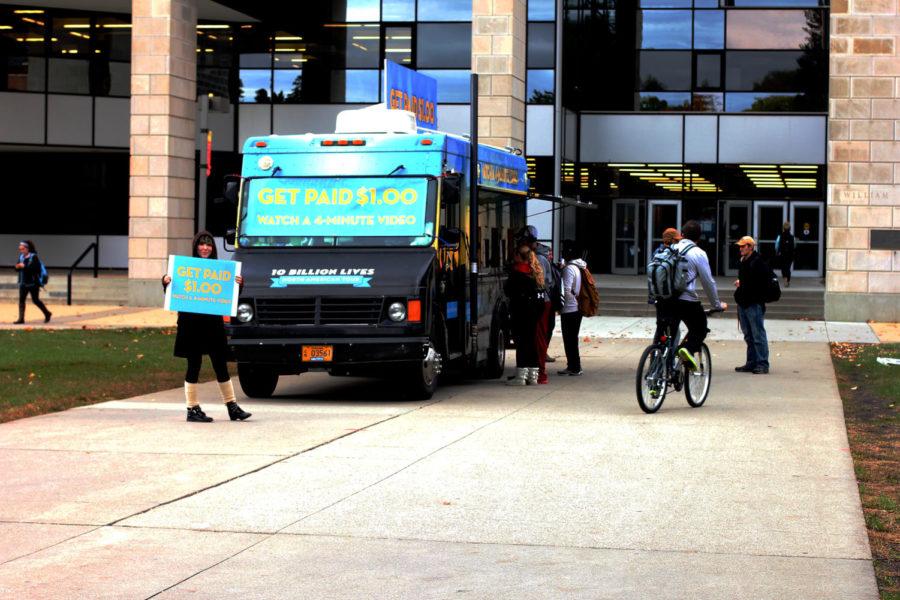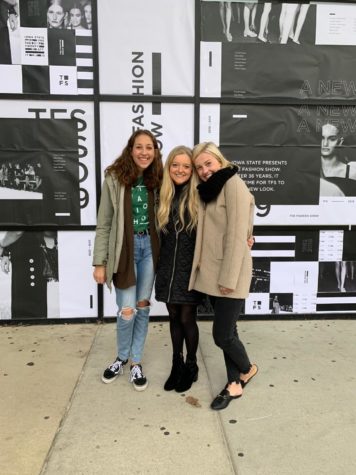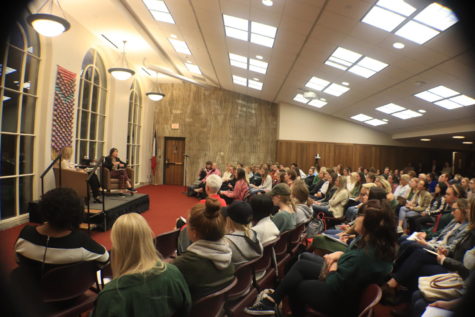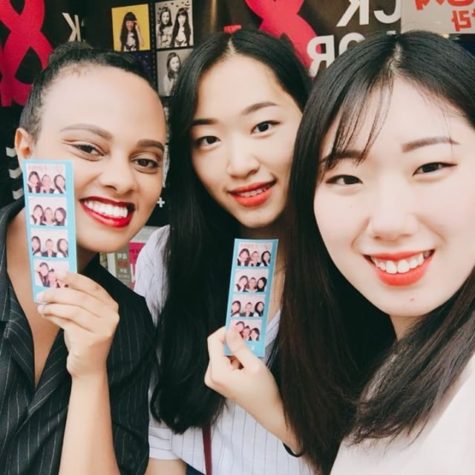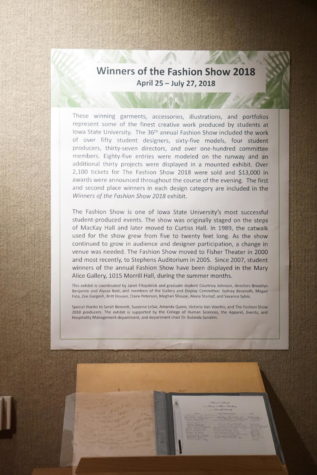Students paid to watch 4-minute video
October 15, 2014
10 Billion Lives, a pay-per-view activism tour, pays people $1 to watch a 4-minute video about factory farming on Monday and Tuesday of this week in efforts to change students’ view on their diets.
The vehicle students lined up against, funded by donations from the Farm Animal Rights Movement, has been on the road since May of 2012 and hopes to continue traveling to music festivals and many more college campuses.
Matt Anzis, founder of the Ethical Eating Club and senior in mathematics and philosophy, explains why students should be aware of this event and why it is so important.
“Our goal is to get people thinking about if their diet is ethical or not,” said Anzis. “We want people to have an argument or reason for why they have their view.”
Celeste Welshhons, sophomore in business, shares her experience and personal beliefs after watching the video.
“I took 4 years of ag-science and a lot of people deny that videos like this are true, but I believe it is, “Welshhons said. “It actually caused me to become a vegetarian. Many animals are killed while still thoroughly conscious. It’s just awful.”
Lauren Balkema, president of the Ethical Eating Club and freshman in business, explains that many people already have an image in their head about farming practices, but a lot of them are not accurate.
“I think a lot of people have the wrong idea about what it’s really like on the majority of the meat-producing and dairy-producing farms,” Balkema said. “It’s especially hard here with so many people growing up on family farms, but people need to know that not everywhere is like that.”
The event has definitely raised some debate from some of the ag students on campus.
“Most ag students that come here will call us out and tell us we’re not accurate and the video we’re showing is about the complete extremes of the meat industry,” said Anzis. “But it’s actually not, it’s a USDA stat that this is how 95% of animals are treated.”
Most students are having a positive reaction to the video and are walking away with thoughts about their own eating habits.
“Most people’s reason for eating meat is either it tastes good or it’s very practical. It’s a cultural tradition,” said Anzis. “I don’t think that’s a very good reason given the fact that we’re unnecessarily killing things to carry out that tradition.”
The Ethical Eating Club hopes to have the 10 Billion Lives tour visit again next fall and are also planning on organizing similar events throughout the year.
“Back when we as a species were fighting for survival we needed to eat meat as well as anything else we could get our hands on,” said Anzis. “But in today’s civilized society, we have options. So it’s time to end the tradition.”

